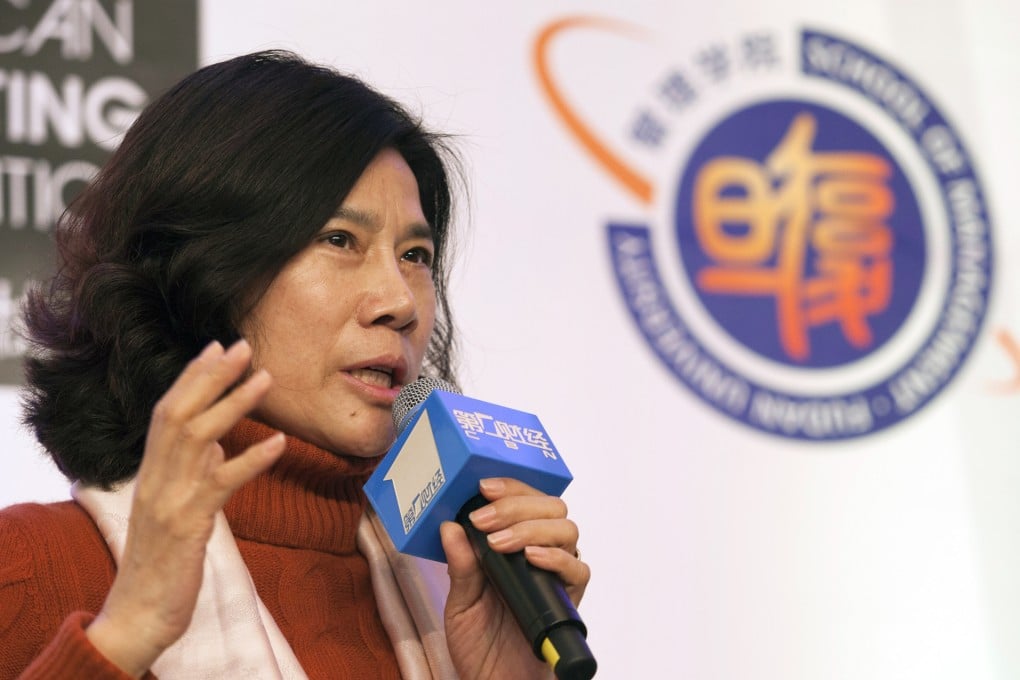Corporate China | More appliance makers join China's year-end chorus of piracy accusations
The snowballing of a recent series of mudslinging remarks by major companies underscores the rampant lack of business ethics in China, and could prompt some much-needed public debate on the topic.

What started as a couple of stories highlighting the shady business practices that are all too common in China is starting to snowball, with home appliance giant Gree and a local start-up air purifier maker adding their voices to this entertaining year-end war of words.
At the heart of this verbal mudslinging is a toxic Chinese business culture where practices like illegal copycatting, corporate espionage and violation of business contracts are quite common and even accepted to a certain degree.
The latest headlines have seen Gree's (Shenzhen: 000651) outspoken chairman Dong Mingzhu, often considered China's most successful businesswoman, lash out against rival appliance maker Midea (Shenzhen: 000333), which earlier this week announced a strategic tie-up with fast-rising smartphone maker Xiaomi. But just hours after those comments broke into the headlines, Dong herself came under similar attack alleging illegal copycatting by Airdog, a start-up air purifier maker.
All of these big names and accusations are starting to make my head spin just a little, and probably reflect years of frustration that many Chinese executives feel at the countless shenanigans that occur around them everyday. Such shenanigans happen much less frequently in the west, thanks to the potent combination of stronger business ethics and a court system that is quite experienced at efficiently mediating business disputes.
China is quite lacking in both of those areas, which was almost certainly a factor behind the actions of an executive that started this mushrooming round of mudslinging. That executive, a man named Tang Yan, left Internet giant NetEase (Nasdaq: NTES) in 2009 to start his own company, a mobile social networking app developer called Momo (Nasdaq: MOMO), which just made a US$200 million IPO in New York late last week.

